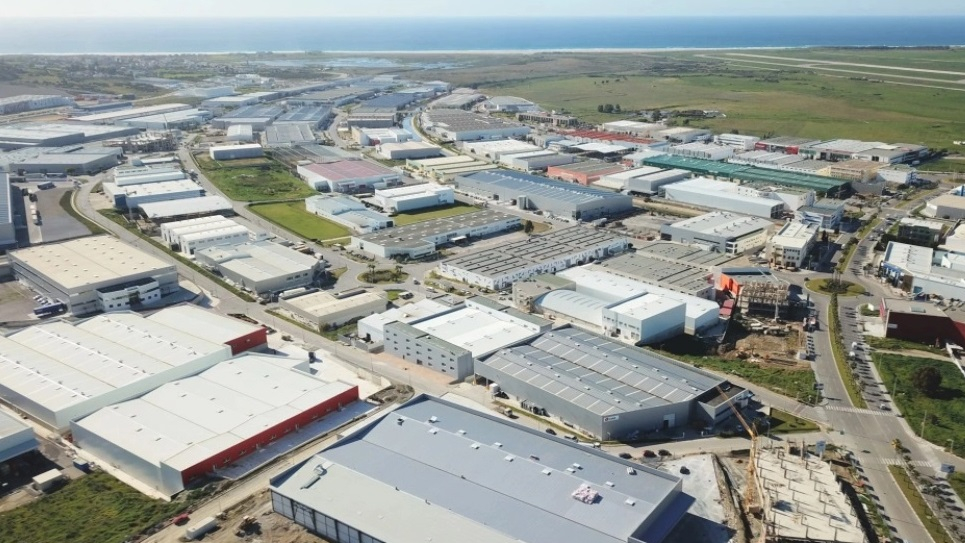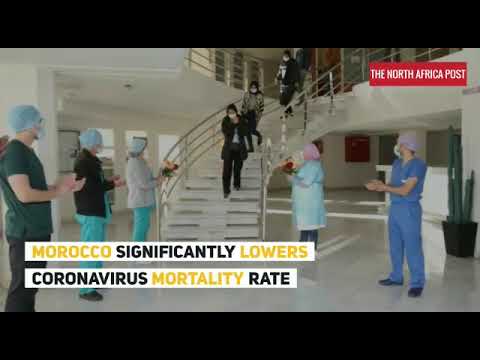Morocco is leading the way in Africa and the world in establishing new special economic zones (SEZs) and attracting foreign direct investment (FDI), thanks to its higher value-added technology industries, according to a new report by Oxford Business Group.
Entitled “How Special Economic Zones are shaping Africa’s industrial landscape”, the report, published last week, states that between 2010 and 2016 Morocco’s exports increased by $2bn, with automotive exports rising from 2% to 16% of the total. “Between 2008 and 2015, the share of medium and high-tech exports rose from 23% to over 40%,” the report adds.
Noting that Morocco has focused over the past decade on high-tech activities such as the automotive industry, Oxford Business Group points out that the Moroccan government has been instrumental in attracting a high level of industrial investment, having launched the National Pact for Industrial Emergence in 2008 and the Industrial Acceleration Plan in 2014, besides providing a range of fiscal incentives to investors.
The government also prioritized specific industries, such as automotive, aerospace, electronics, and agro-industrial processing, based on their suitability for investment, the document stresses, adding that the development of SEZs in the country has been supported by political stability, the comparatively low cost of skilled labor, and proximity to Europe.
“In 2020 advisory firm FDI Intelligence ranked Morocco’s Tanger Med Zones – a group of eight free zones around the port of Tangier – as the top free zone in Africa and second in the world,” recalls the report.
“Several emerging economies have tried to follow Morocco’s example in high-tech industrial development, but many have been unable to connect local low-tech industries, such as agriculture and manufacturing, with high-tech industrialized solutions,” it notes.
The authors of the report explain that “the lack of adequate training for highly skilled workers means there is often a gap between local economic activities and the expectations of international investors.”
Oxford Business Group stresses that “moving forwards, the implementation of the African Continental Free Trade Area (AfCFTA) is expected to enhance integration across the continent, spurring the structural transformation of African economies from a focus on low value-added industries to more diversified and knowledge-based economic activities.”
The recent wave of free zones development in Africa has largely been aimed at adding value to traditional economic activities, such as agriculture and manufacturing, the report stresses.



